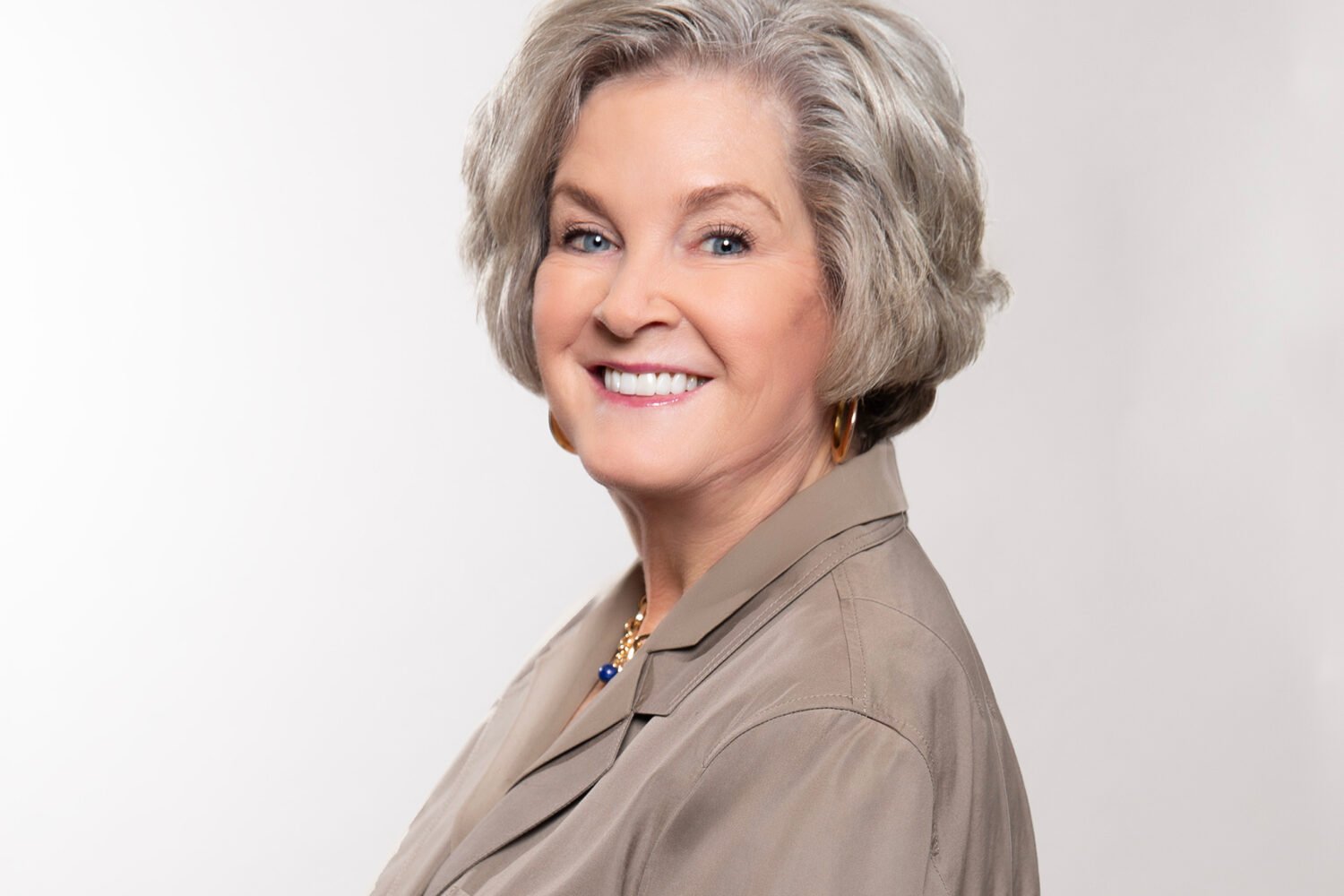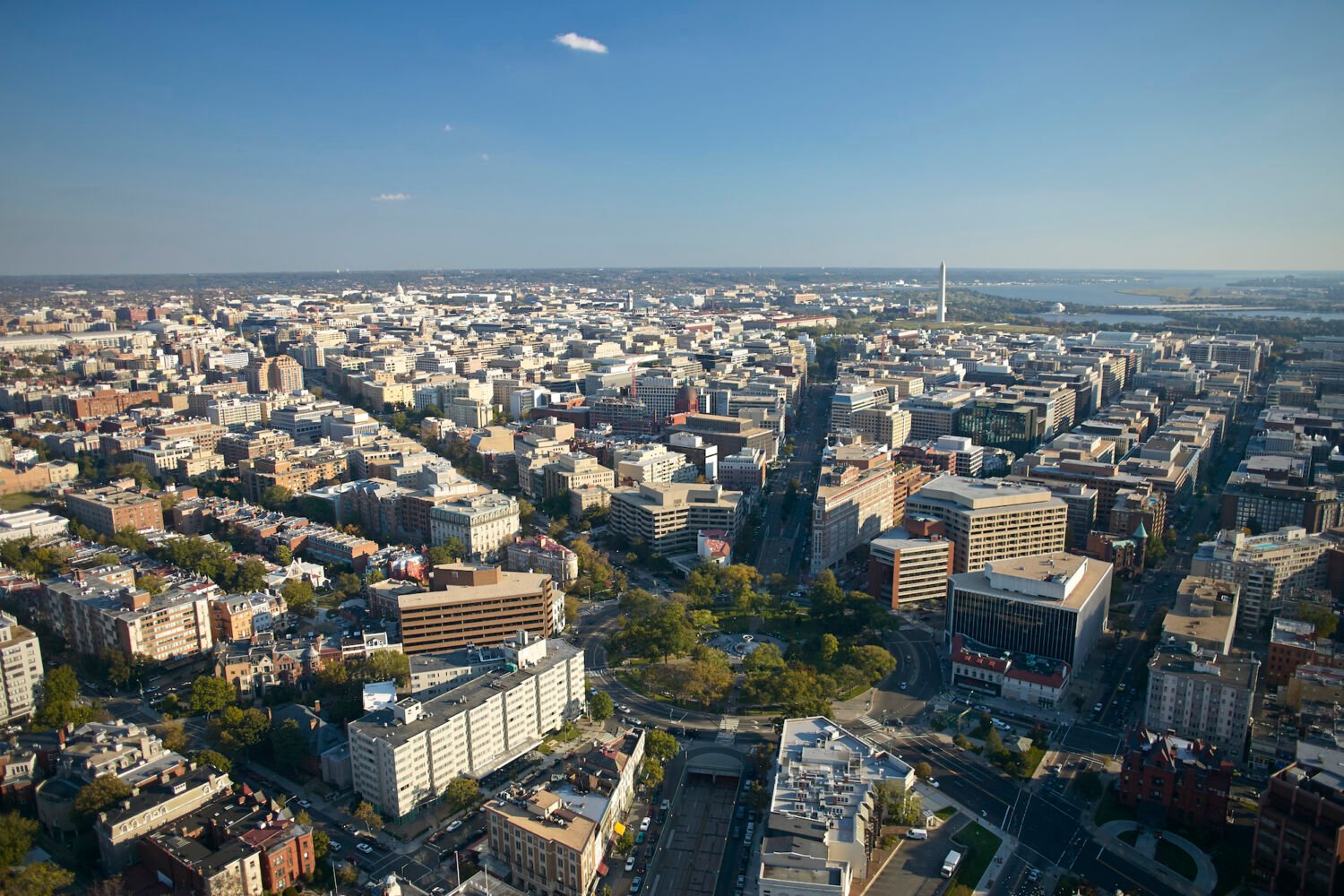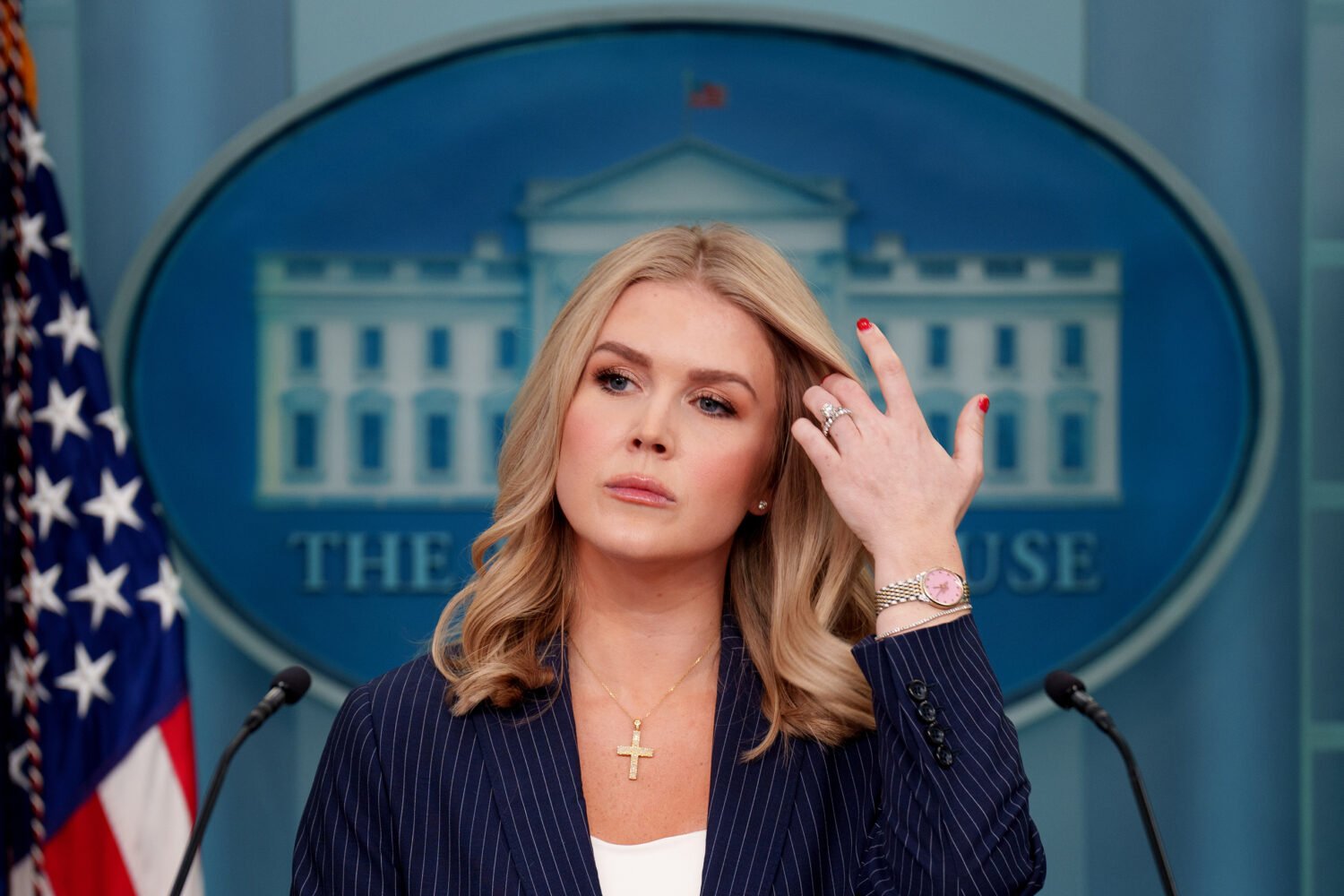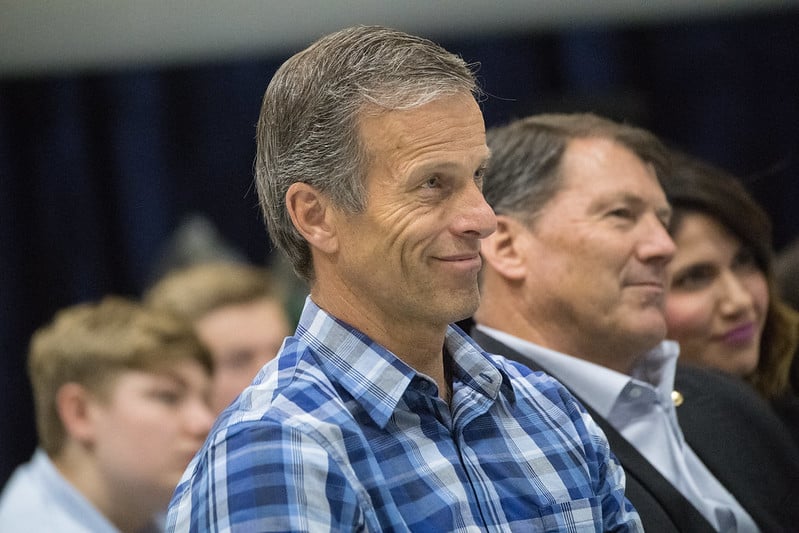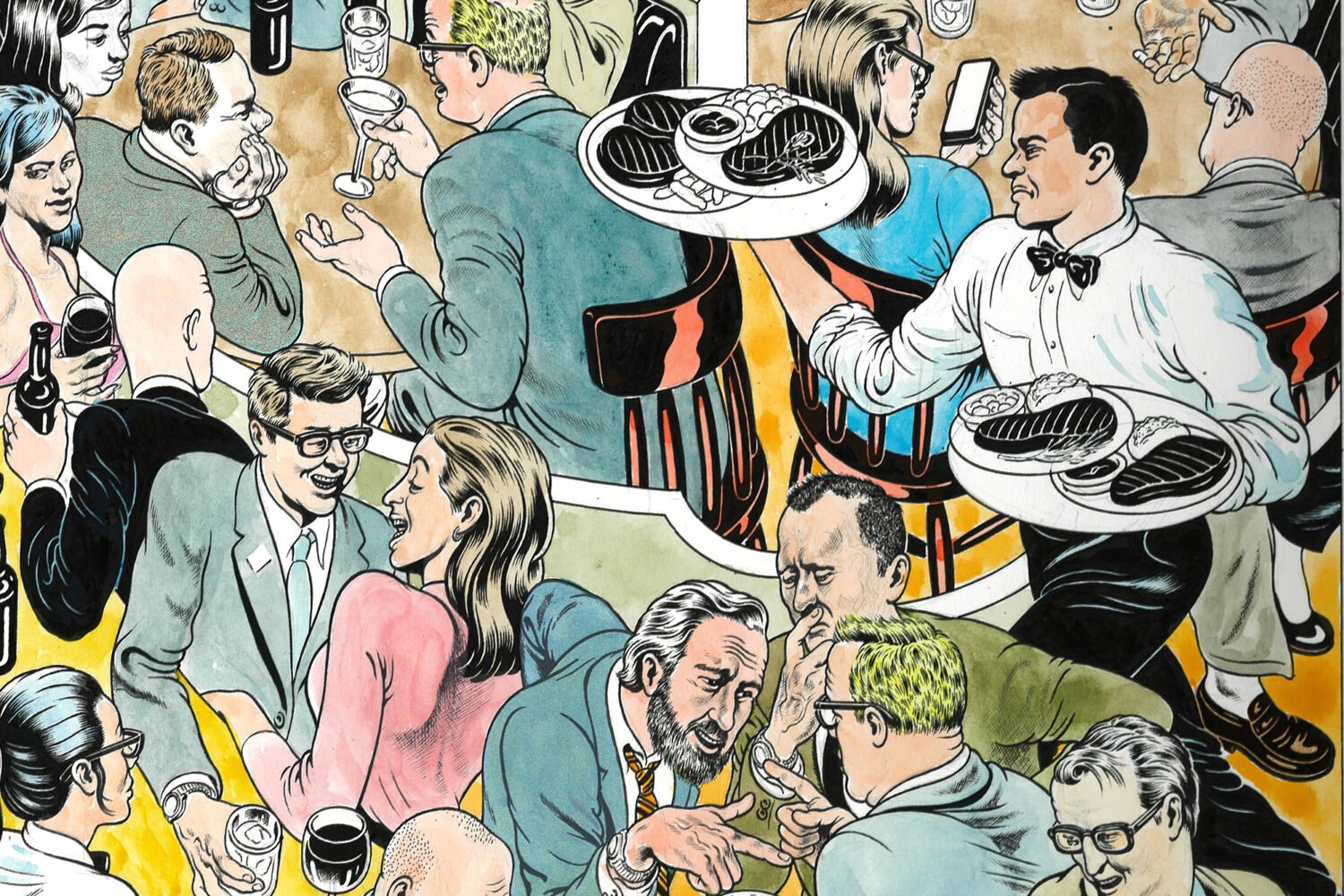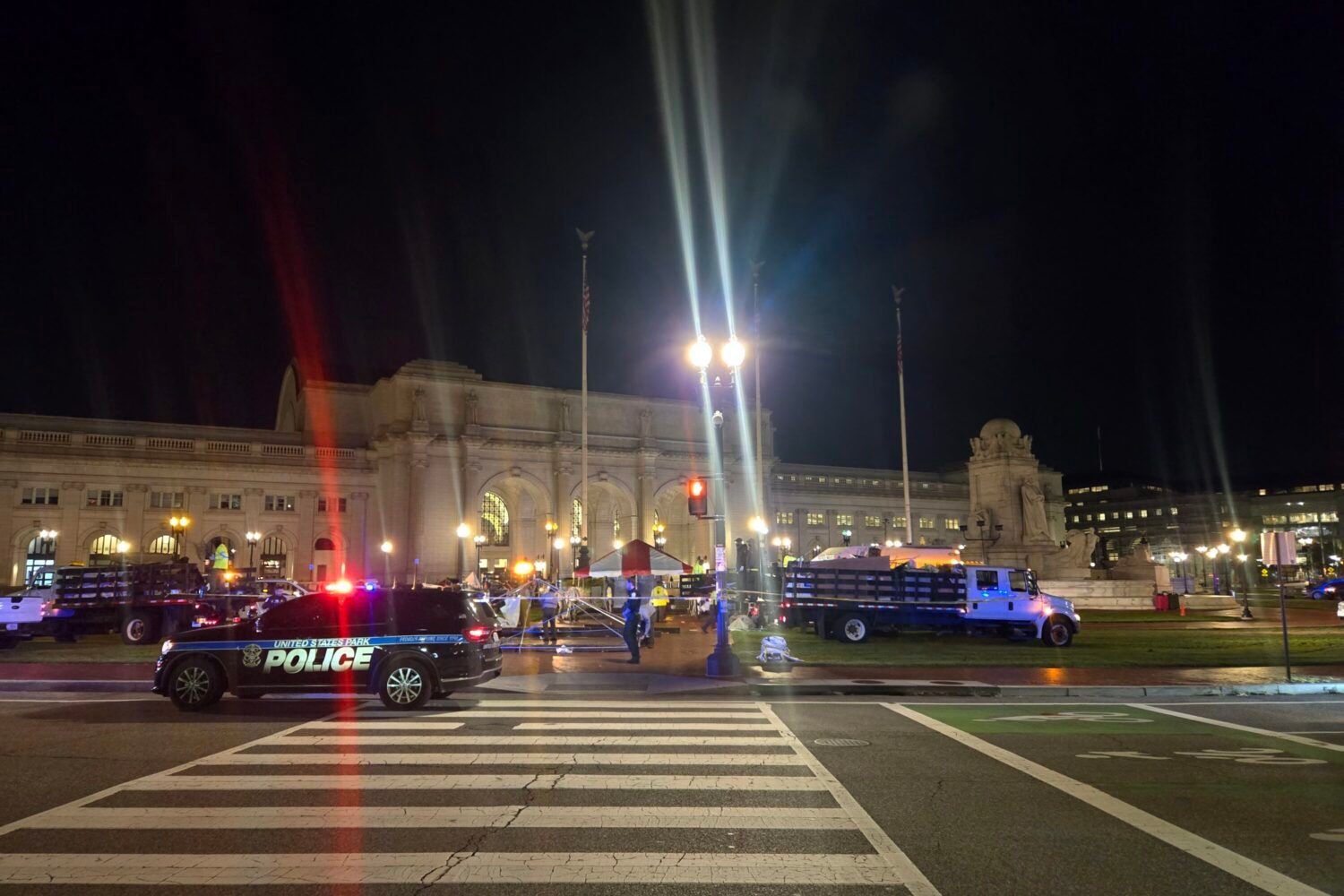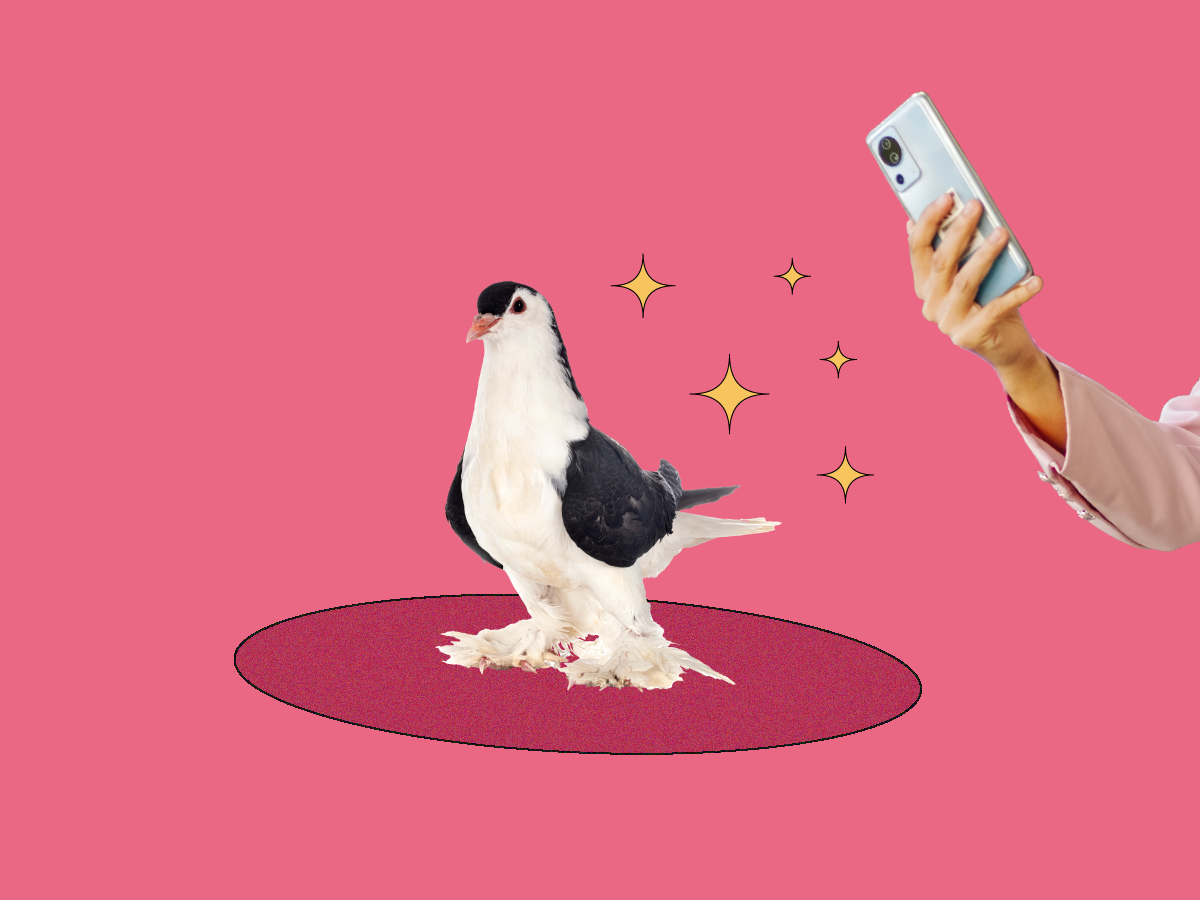With Donald Trump’s One Big Beautiful Bill Act moving through Congress, Democratic National Committee chair Ken Martin has been thinking about his mom. She had him when she was 15, and was raising four kids before she was 20. As a single mother, she brought them all up in poverty, working as a housecleaner in Minneapolis.
“We struggled mightily when we were young,” Martin told Washingtonian on Friday. “We were in and out of homeless shelters. When we went grocery shopping, we had to use food stamps. If it wasn’t for Medicaid, I wouldn’t have had any healthcare. Those are the types of programs that me and my family relied on throughout most of my childhood.”
Martin hasn’t talked much about that chapter of his life, but he wants to now, because the Republican spending bill feels so personal to him. At its core, it’s a massive tax cut skewed to favor the wealthy. And to fund that cut, Republicans plan to slash benefits for lower-income Americans—particularly food assistance and Medicaid. The Atlantic called it “the largest upward transfer of wealth in American history.” The New York Times described it as “a straight transfer from people who cannot afford food and medical care to people who can afford to fly first class.”
The details of the bill are staggering. According to the Tax Policy Center, the top one percent of Americans would see an average tax cut of almost $80,000. Meanwhile, the bottom 30 percent of Americans would see their incomes reduced, primarily due to benefit cuts. The House version of the bill pulls about $300 billion from food assistance, which the Congressional Budget Office projects would make millions of Americans go hungry. Additionally, the CBO expects 16 million Americans to lose their health care under the bill, due to changes in both Medicaid and the Affordable Care Act. While the White House claims that they’re not cutting Medicaid, but rather eliminating fraud, public-health researchers have warned that the bill could cause 51,000 preventable deaths each year.
“These aren’t just stats,” Martin said. “Behind every one of those numbers is a person. Behind every one of those numbers is a family that’s just hoping that this bill doesn’t pass, because [public benefits are] their lifeline.” That’s why he’s talking about his mom. “We need to tell these stories so that we can make sure folks in Congress, particularly Republicans, know how important it is for this [bill] not to pass in its current form. We have to do everything we can to stop this bill.”
In some quarters, there’s a perception that Democrats are not meeting the moment, that the party has been sluggish and ineffective when it comes to stalling the president’s agenda. Randi Weingarten, for instance—the powerful leader of the American Federation of Teachers, who recently resigned from the DNC—told the Guardian on Wednesday that the DNC was “not showing nearly enough urgency” in opposing the spending bill, and that there should be an “all-out nationwide mobilization” against its passage. Martin declined to comment on that, saying he hadn’t seen the quotes.
But in a memo scheduled for release this weekend—which was first shared with Washingtonian—the DNC outlines its opposition to the bill and touts the party’s success at swaying public opinion, including by hosting 130 town halls across the country to help voters understand “the stakes of this budget fight” in their personal lives.
“Our efforts are working,” the memo claims, then cites a handful of polls showing the bill substantially underwater with the public. A recent KFF Health Tracking poll, for instance, suggests that nearly two-thirds of Americans view the legislation unfavorably, while only 35 percent support it. The memo also cites a survey by the Washington Center for Equitable Growth which found that even Republican voters, “after learning about the bill’s regressive effects,” opposed it by a margin of almost 3-to-1. Nonetheless, Republicans in Congress are expected to unite around some version of the spending bill, which the president wants to pass by July 4th.
Martin admits that Democrats “don’t have a lot of power in Congress to slow this down.” So, in these final days before the president’s deadline, the DNC’s strategy is to build public opposition. In particular, elected Democrats have been flooding local media with accounts of how the bill could devastate their communities—like Kentucky governor Andy Beshear, who has gotten national attention for warning that 35 rural hospitals in his state might close if Republicans pass their bill.
“My hope is that there’s a few Republicans left who actually give a damn about their constituents and are willing to do the right thing,” Martin said. But despite some discontent within the Republican caucus (Missouri Senator Josh Hawley went so far as to pen an op-ed calling Medicaid cuts “morally wrong and politically suicidal”), Martin figures the bill will pass. “I have no doubt that all of them are going to fall in line and do exactly what Donald Trump wants to do here, which is really quite shameful,” he said.
At the very least, the One Big Beautiful Bill Act has given Democrats an unpopular piece of legislation to rally around. In 2018, Democrats won back the House by hammering Republican efforts to gut the Affordable Care Act, and Democratic candidates are expected to use a similar playbook in upcoming elections, including the Virginia and New Jersey gubernatorial races this fall. To parry those attacks, Republicans are framing the bill as reforming Medicaid, not cutting it: imposing work requirements to reduce “waste, fraud, and abuse,” thereby improving the program for deserving recipients. But a Morning Consult analysis found that more Medicaid recipients voted for Trump than for Kamala Harris, and last week, Politico reported that House Speaker Mike Johnson was privately warning that deep Medicaid cuts could cost Republicans their majority.
In public, Johnson has said that those losing their health care will be “29-year-old males sitting on their couches playing video games”—but Martin doesn’t buy that. “There are going to be real consequences when this bill passes,” he said. “Children are going to go without food, and families are going to get kicked off of their health care. People are going to fall through the cracks.”
Martin has no idea what his own mother would have done without Medicaid or food assistance. “I mean, she struggled as it is. We were so poor, we didn’t have much. Without the programs that were helping her, it’s hard to imagine—clearly, it would have been much more difficult.”



